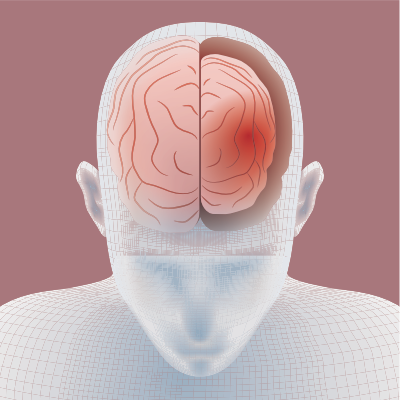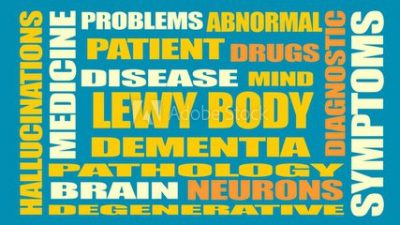Are we Confusing Life Enrichment with Activities in Dementia Care?
What exactly is the meaning of Life Enrichment?
Posts about:

What exactly is the meaning of Life Enrichment?

Although persons living dementia may have challenges with eating, such as chewing, ability to taste or smell food, or remembering how to eat, the dining experience can have a tremendous effect on their socialization, how much they eat and if the time they spend eating is enjoyable or frustrating. Improving the dining experience is certainly possible, whether in a community-based setting, a hospital in the home or even in a restaurant.

As a long time family caregiver and professional in this field, I can tell you that the myriad of emotions that caregivers face on a daily basis is complex and ever-changing. That said, grief, guilt, and anxiety are certainly at the top of the list. How can we, as professionals in this field, better understand family needs and partner alongside them on this difficult journey?

Caring for people with dementia requires specialized communication skills training. Unfortunately, healthcare professionals and family caregivers often receive little training to enable them to meet the communicative needs of people with dementia.

Although Frontotemporal Dementia (FTD) is largely misunderstood, it is the most common form of dementia for people under age 60.

Accounting for up to 20 percent of all forms of dementia, Lewy Body Dementia affects approximately 1.4 million Americans. Lewy Body Dementia (LBD) is the second most common cause of progressive dementia behind Alzheimer's disease. LBD is also the most misdiagnosed form of dementia because symptoms are closely related to Parkinson's disease and dementia with Lewy Body (referred to as DLB).

No longer is dementia a looming public health threat. It is a global crisis affecting healthcare systems, delivery of long-term care, worker shortages, community infrastructure, families and most importantly, the quality of life for persons living with dementia.